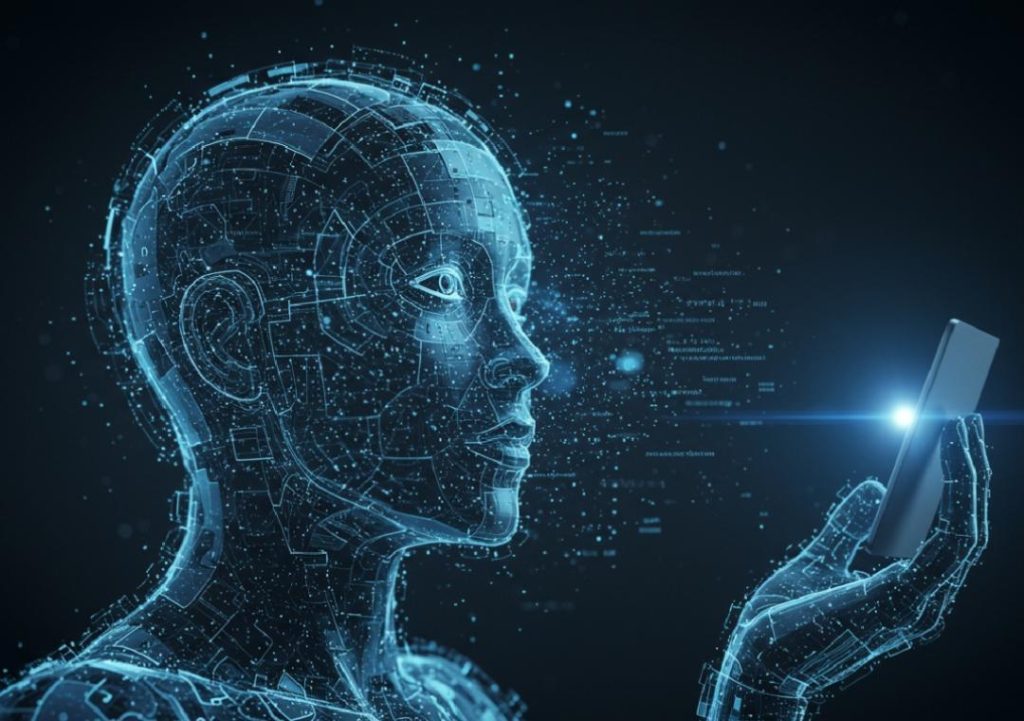
What is the Role of AI and ML in Powering Metaverse?
The metaverse, a convergence of physical and digital worlds, is expected to revolutionize the way we live, work, and play. The concept of a virtual world has been around for decades, but recent advancements in artificial intelligence (AI) and machine learning (ML) have brought it closer to reality. AI and ML play a crucial role in powering the metaverse, enabling immersive, secure, and adaptive virtual experiences.
In the metaverse, AI powers non-playable characters (NPCs), giving them lifelike behavior and responsiveness. NPCs are an essential component of virtual worlds, as they create a sense of realism and interaction with users. AI algorithms enable NPCs to learn from user interactions, adapt to new situations, and respond accordingly. This creates a more engaging and realistic experience for users, making it feel like they are interacting with real people.
Machine learning, on the other hand, adapts experiences in real-time by analyzing user preferences and actions. This allows the metaverse to tailor experiences to individual users, making it a highly personalized and engaging platform. For instance, a user’s favorite music genre can be played in the background while they are exploring a virtual city, or a virtual store can recommend products based on their shopping history.
Predictive models are another key application of AI and ML in the metaverse. These models help optimize virtual economies, manage supply-demand, and detect fraud. In a virtual world, the economy is a complex system that involves transactions, trades, and rewards. Predictive models can analyze user behavior and adjust the economy accordingly, ensuring that it remains stable and fair. For example, if a user is consistently buying a particular item, the model can predict that demand and adjust the supply accordingly, preventing stockouts or overstocking.
AI and ML also play a crucial role in ensuring the security of the metaverse. With so much data being generated and shared in the virtual world, it’s essential to have robust security measures in place. AI-powered algorithms can detect and prevent fraud, such as identity theft or financial transactions, by analyzing user behavior and identifying patterns that may indicate malicious activity.
The metaverse is also expected to have a significant impact on various industries, including education, healthcare, and entertainment. AI and ML can be used to create personalized learning experiences, simulate surgeries, and generate realistic special effects. The possibilities are endless, and the potential applications of AI and ML in the metaverse are vast and varied.
However, the development of the metaverse is not without its challenges. One of the biggest challenges is ensuring that the technology is accessible and inclusive to all users. With the metaverse being a virtual world, it’s essential to ensure that users with disabilities can access and participate in the experience. AI and ML can play a crucial role in making the metaverse more accessible, by providing voice-to-text functionality, text-to-speech functionality, and other assistive technologies.
Another challenge is ensuring the metaverse is a safe and secure environment. With so much data being generated and shared in the virtual world, it’s essential to have robust security measures in place. AI-powered algorithms can detect and prevent fraud, such as identity theft or financial transactions, by analyzing user behavior and identifying patterns that may indicate malicious activity.
In conclusion, AI and ML play a crucial role in powering the metaverse, enabling immersive, secure, and adaptive virtual experiences. From powering NPCs to optimizing virtual economies, AI and ML are essential components of the metaverse. As the technology continues to evolve, we can expect to see even more innovative applications of AI and ML in the metaverse.
Source: https://www.growthjockey.com/blogs/ai-and-ml-in-metaverse-development






